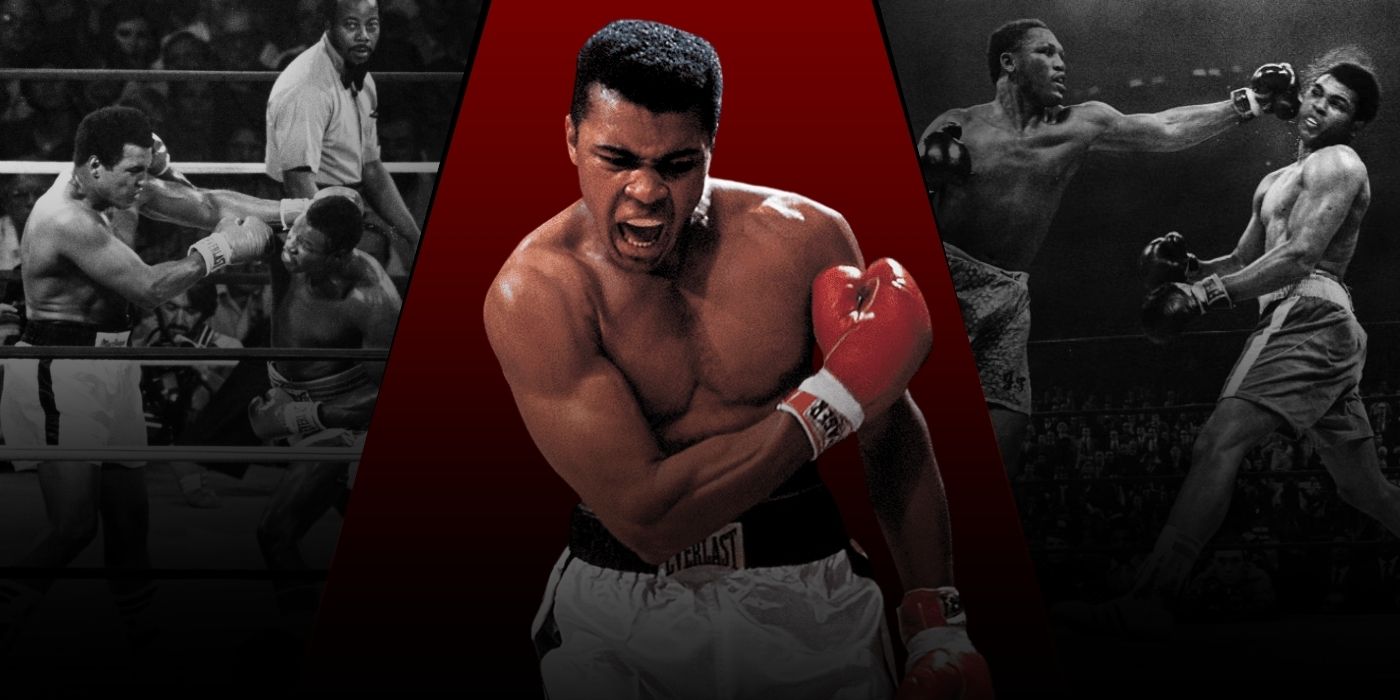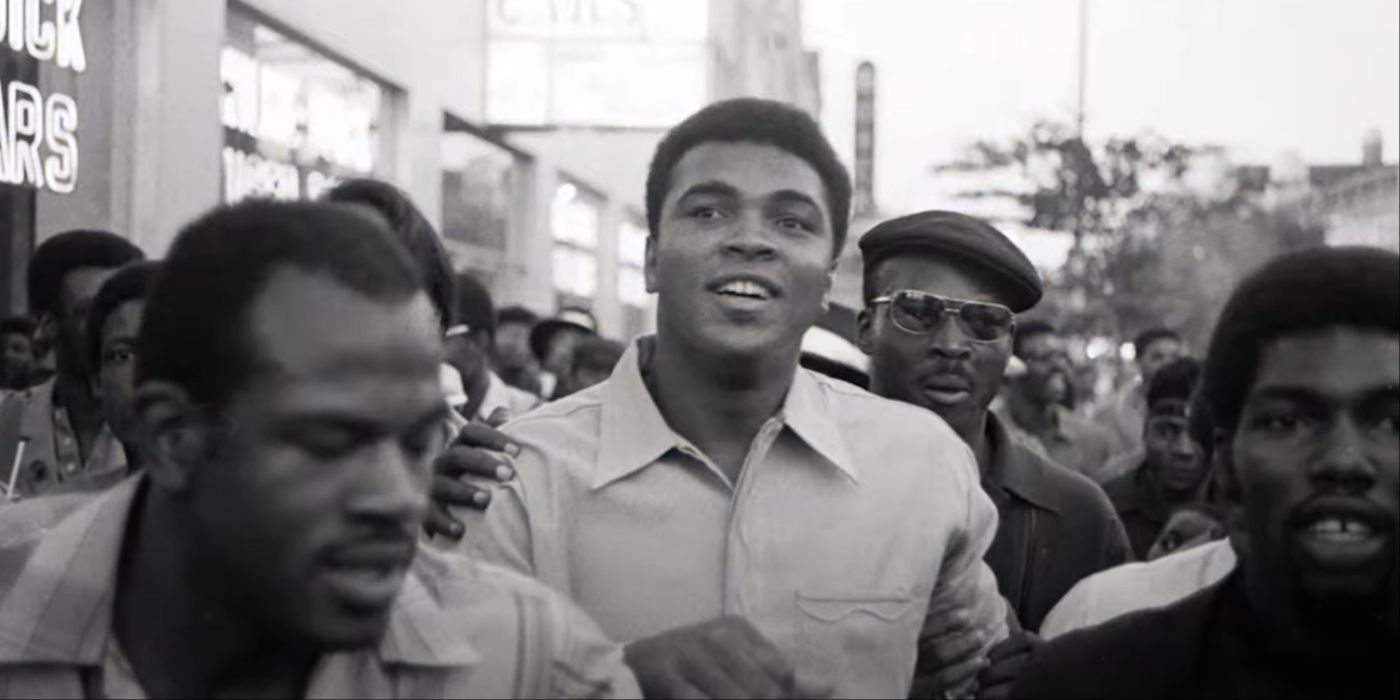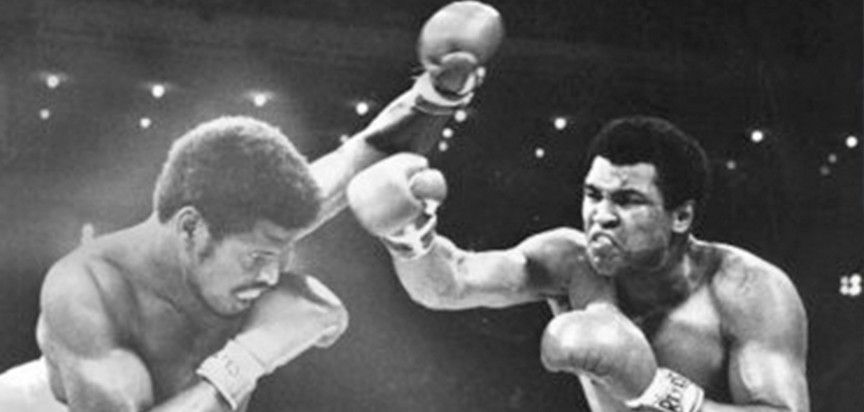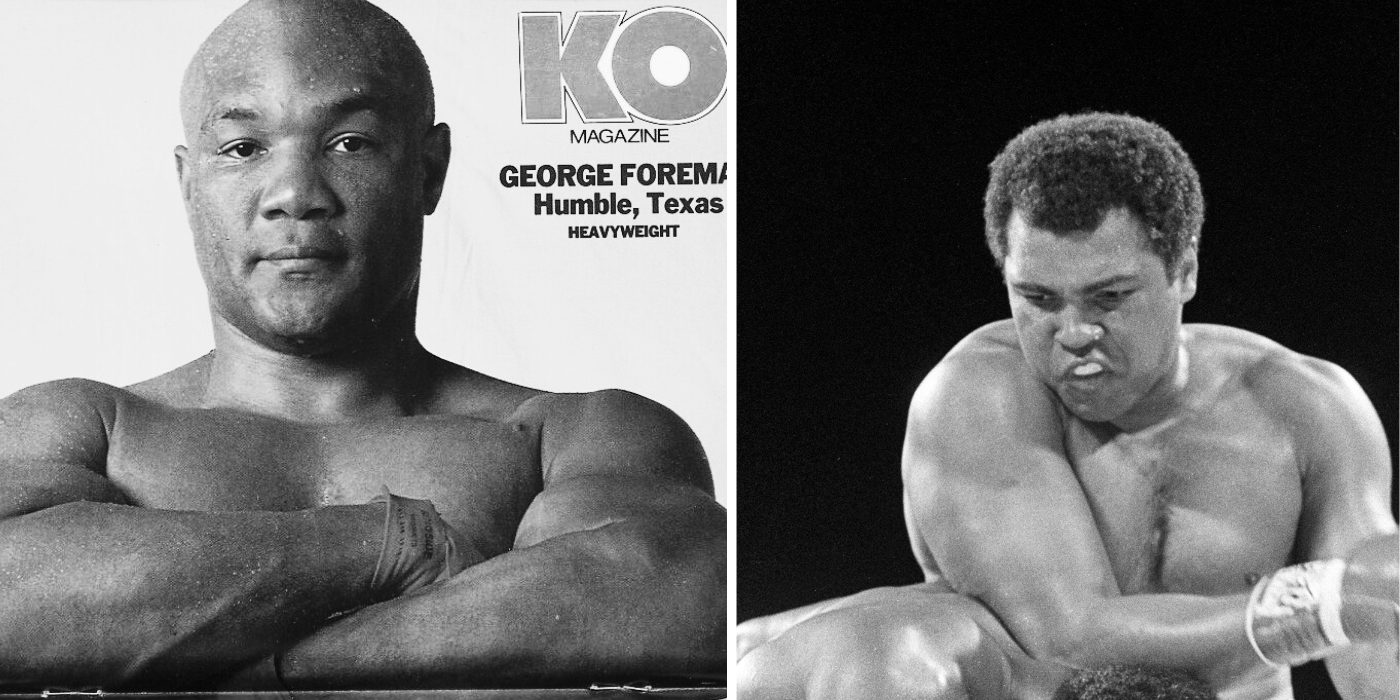
Key Takeaways
- Parkinson's disease abruptly ended Ali's storied boxing career and fame, overshadowing the wins he achieved.
- Despite his tragic end in the ring, Ali showed resilience and advocacy for hope and determination.
- Ali's quickness, footwork, bravery, and immense success make him an iconic figure in boxing history.
Despite his shining and illustrious career, Ali had an unfortunate end to his 20 years in the ring. It wasn't an adversary who forced Ali to bid adieu to the game he admirably loved but a health problem that slowed him down, forcing the legendary boxer to hang his gloves. The man who could dance in the ring throughout the 15 rounds couldn't keep doing so and gradually lost his best weapon: speed. Ali's pace and speech began to slow down in the late 1970s, but he wasn't formally diagnosed with Parkinson's until 1984, three years after he had left professional boxing.
According to the World Health Organization (WHO), "Parkinson's disease (PD) is a brain condition that causes problems with movement, mental health, sleep, pain and other health issues."
Ali's First Ban and First Defeat
Muhammed Ali Went To War With Joe Frazier
|
Joe Frazier |
Muhammad Ali |
|
|---|---|---|
|
Pre-fight record |
26–0 (23 KO) |
31–0 (25 KO) |
|
Height |
5 ft 11+1⁄2 in |
6 ft 3 in (191 cm) |
|
Weight |
205+1⁄2 lb |
215 lb (98 kg) |
|
Style |
Orthodox |
Orthodox |
|
Recognition |
WBA, WBC, and The Ring heavyweight champion |
Lineal heavyweight champion |
As soon he got his suspension overturned, he challenged Frazier for the WBA, WBC, and The Ring Heavyweight Titles. Unfortunately, he lost to Frazier. However, the pair clashed again in 1974 and 1975, when Ali emerged victorious in both bouts. After his first loss, Ali stepped into the ring with Ken Norton in March 1973, when the latter broke the former's jaw in the second round and ended up winning the bout after 12 heart-wrenching rounds in California.

Related
10 Stories About Muhammad Ali Outside The Ring Boxing Fans Should Know
From civil rights advocacy to global humanitarianism, discover Muhammad Ali's life and legacy beyond the ring.
Ali's Brief Retirement And Comeback
Leon Spinks Victory Was One Of The Biggest Upsets In Boxing

- Spinks was stripped of the WBC title for facing Ali in an unsanctioned rematch.
- Ali won the WBA and The Ring heavyweight titles by defeating Spinks in the rematch.
Ali went on a winning streak after his second defeat, but he had to face another upset at the hands of Leon Spinks. Spinks, who had won the Olympic Gold medal in 1976, beat Ali in a split decision, becoming the first boxer to snatch a world title away from "The Greatest." In September of that same year, Ali rematched with Spinks, which Ali won by unanimous decision.
After the rematch, Ali retired from boxing in 1978 at the age of 37, becoming the only three-time heavyweight world champion. He made his decision official at a press conference in Los Angeles in June 1979.

Related
Rumble In The Jungle: How Muhammad Ali Overcame A Savage George Foreman In Zaire, Explained
The location wasn't the only surprising thing about the legendary fight between George Foreman and Muhammad Ali.
Ali's Last Dance
His Final Fight Was A Disaster
- The boxing match took place in Nassau, Bahamas because no American state would grant Ali a boxing license.
- Ali Looked A Shadow Of His Former Self, Slow And Sluggish.
Ali's quickness, excellent footwork, punch-absorbing skills, and immense bravery helped him become a legendary boxer. Others have equaled his ultimate record of 56 wins, five defeats, and 37 knockouts, but the caliber of his opponents and his resounding success during the height of his career made him one of boxing's all-time greats. In 2005, he was awarded the Presidential Medal of Freedom by the then-President of the United States, George W. Bush.
Ultimately it would not be one person, nor one organization that would stop Muhammad Ali. "The Greatest" could only be stopped by another undisputed champion: Father Time.

-1717646827-q80.webp)

